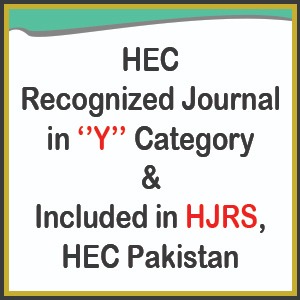Analysis of Breakdown Phenomena of SF6-Gas Using Different Electrodes Configuration in High Voltage Application
DOI:
https://doi.org/10.55447/jaet.07.02.112Keywords:
Sulfur hexafluoride, Dielectric breakdown, High voltage equipment, ANSYS Workbench, Circuit breakersAbstract
This research investigates the breakdown voltage of SF6 gas using several electrode configurations, including Sphere-sphere, Rod-rod, Plate-plate, Sphere-plate, and Rod-plate, to guarantee sufficient clearance for an acceptable insulation level. The objective of the various electrode geometries is to produce a homogeneous and non-homogeneous electric field wherein the SF6 gas breakdown could be analyzed. The simulation under the influence of six gaps length be-tween electrodes (0.5cm, 1cm, 2cm, 3cm, 4cm, 5cm) were conducted. The lowest breakdown voltage is found in the Rod-rod electrode arrangement, followed by Plate-plate and Sphere-sphere electrode configuration. Compared with the Sphere-sphere electrode design, the Rod-rod electrode configuration is also asymmetric, with a substantially more inhomogeneous electric field. Based on the results, the Rod-plate and Sphere-plate arrangements appear to be asymmetrical. In the event of discharge and breakdown voltage, different electrode configurations have a significant influence. This study helps to identify the most suitable clearance and electrodes configuration in high voltage SF6 circuit breakers. A few researches were performed to find the breakdown voltage of SF6 gas in medium voltage applications under homogeneous electric stress. Some research paper also studied to find the breakdown voltage of SF6 gas under different temperature and pressure. However, this paper is based on finding out the breakdown voltage of SF6 gas in high voltage application providing homogeneous and non-homogeneous electric stress. This homogeneous and non-homogeneous electric field is designed using different electrodes configuration.
Downloads
Published
How to Cite
Issue
Section
License
Copyright (c) 2024 Sharafat Ullah, Muhammad Adeel khan, Irshad Ullah; Azhar Qazi, Zaheer Farooq

This work is licensed under a Creative Commons Attribution 4.0 International License.












